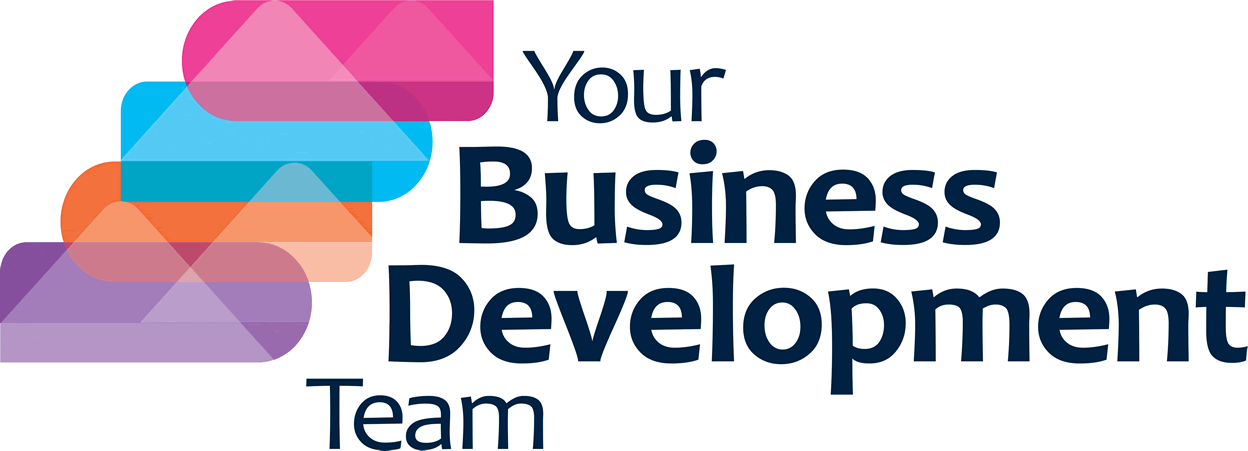(Photo by UX Indonesia on Unsplash)
Every interaction is a potential turning point in your relationship with potential clients. While numerous tactics contribute to sales success, a cornerstone element often overlooked is the sales process. This structured framework, when effectively defined and implemented, forms the foundation for a robust sales enablement strategy.
Sales enablement is more than just handing out sales collateral. It’s a comprehensive strategy covering everything from onboarding and training to ongoing coaching and content creation. But without a clear roadmap for navigating the customer journey, these efforts can lack focus and direction. So, why is a well-defined sales process vital for for effective sales enablement?
Clarity and consistency: A defined process lays out a transparent roadmap for your sales team. Everyone needs to understand the established stages, from initial lead qualification to nurturing and closure. This consistency ensures a smooth and professional customer experience throughout your company, building trust and increasing the potential for conversion.
Targeted enablement efforts: With a clear understanding of each stage within the sales process, sales enablement efforts become laser focused. Resources can be created to address specific customer pain points, objection handling guides refined for each stage, or even personalised email templates that resonate with different audience segments. This targeted approach ensures your team has the right tools at their disposal to effectively navigate each interaction throughout the sales process.
Enhanced efficiency: A well-defined process eliminates the time-consuming inefficiencies that plague uncoordinated sales teams. Your staff no longer waste valuable time searching for information or unsure of the next steps. The clarity of a well delineated sales process allows them to concentrate on building relationships, delivering impactful presentations, and closing deals.
Data-driven optimisation: By tracking progress through each stage of the sales process, valuable data is generated. This data allows you to identify bottlenecks and areas for improvement within the sales pipeline. Armed with these insights, you can refine your sales enablement strategy, providing even greater support to your team and maximising conversion opportunities.
A strong sales process supported by effective sales enablement many of benefits for conversion rates including:
- Reduced sales cycle length: Your team can move prospects through the sales pipeline more efficiently, leading to faster conversions.
- Increased win rates: By addressing customer needs effectively, you are better positioned to close deals.
- Improved customer satisfaction: A well-defined process ensures a positive customer experience from the very first interaction, reinforcing understanding and building customer loyalty.
By prioritising the sales process and implementing a robust sales enablement strategy, you are investing in the future of your sales team. YBDT’s sales enablement programme is built on our own experience of targeted growth included improving sales conversion for our clients, and ourselves. By helping you create the processes that support your sales growth we can help you build the sales enablement strategy, that effectively nurture prospects and guides your team towards improved sales conversion. Get in touch to book a discovery call today and book the call that starts your journey to growth.










